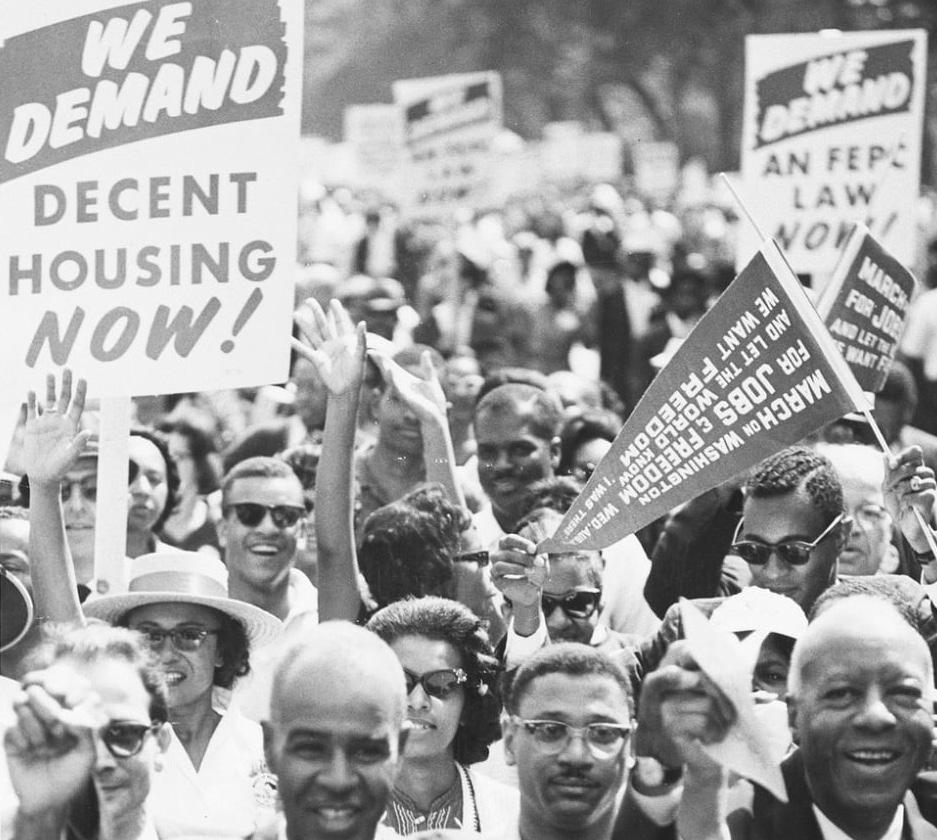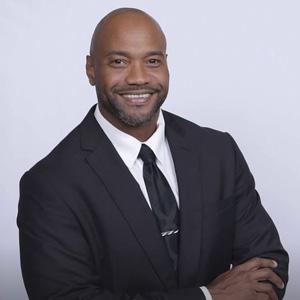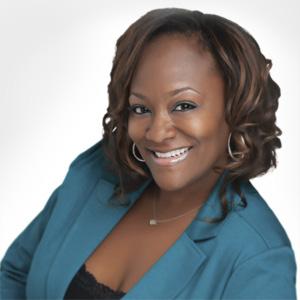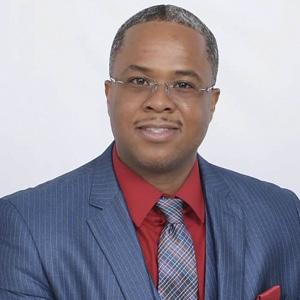
7 minute read
From grass
The Story of Cynthia “Cynt” Marshall, CEO Dallas Mavericks From Grass to Glory
From being the first African American Cheerleader at Berkeley, Cynthia “Cynt” Marshall made it to the CEO’s seat making history as Maverick’s CEO.
Cynthia, known as Cynt was the first black cheerleader at the University of California, Berkeley in the late 1970s. She would later spend almost 40 years climbing the corporate ladder at AT&T and now, she is proud to be the first black female CEO in the NBA has taken the helm at the Dallas Mavericks in 2018 to clean up the league’s toxic work culture. But how did it all begin?
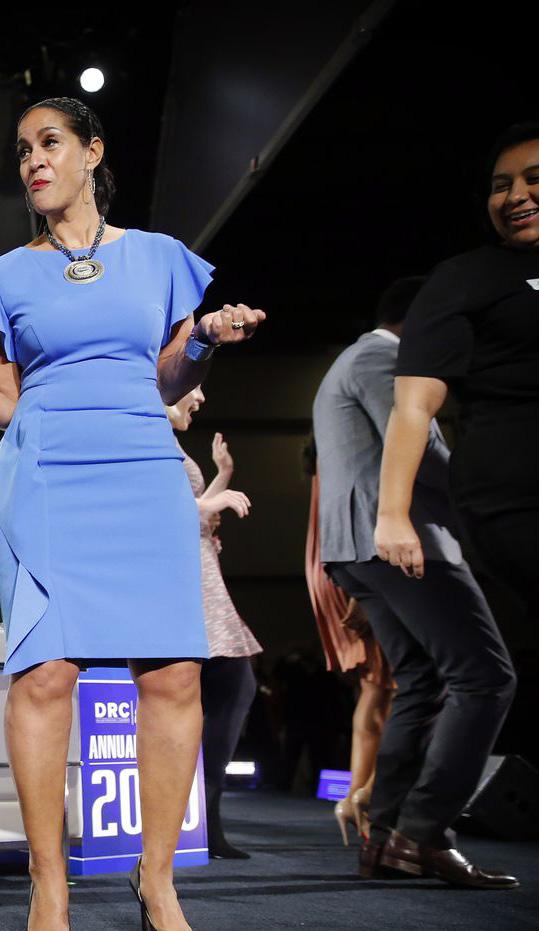
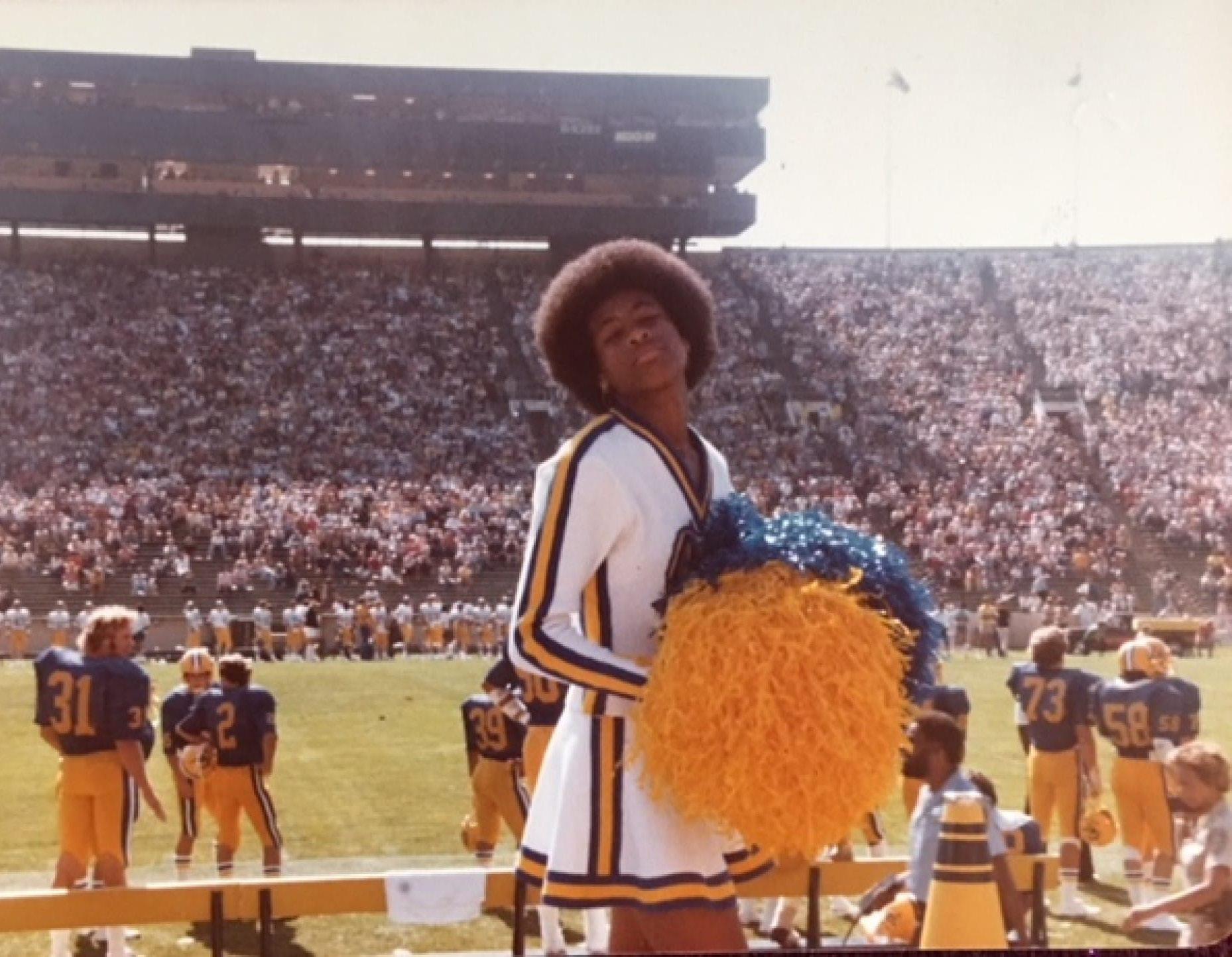
Education and Faith Were Her Building Blocks
While residing in the Easter Hill Village publichousing project in Richmond, her mother encouraged her to study, not just the formal education, but also the walks of faith. These two principles would later become her building blocks and the most important focal points of her life and career in telecommunications. They also lifted her from a life of crime and desperation.
Now she is at the top position in the NBA and she is still discovering how these two principles still play an integral role in the task she has acquired. Marshall is an effective problem solver and she has a strong Christian faith. However, she says that she didn’t truly come into her own until more than 20 years into her career.
“I just did my job and did what [my bosses] told me to do,” Marshall tells CNBC Make It.
But remembering the painful childhood and life experiences-from suffering domestic violence to losing a child and surviving a cancer ordeal, Marshall had to change. This was her turning point, putting her on a journey towards career discovery.
Speaking of distractions, Marshall grew up in what you’d call survival mode, and to top it up, she had to tolerate an abusive father. At the age of 15, her father broke her nose as she tried to protect her mother from his physical abuse. After which her mother and her three siblings left.
She says that what she had to go through from an early age taught her the art of weeding out distractions and helped her stay focused on the things that she wanted to accomplish. Cynthia would find comfort
in books and sports, and credits her mother, Carolyn Gardener, a high school executive administrator and resource librarian for making her education the top priority in their home.
“My mother put a math book in one hand and the Bible in the other,…She put those two books in my hands at an early age and said, ‘If you keep your head in these books they will get you out of poverty,’” Marshall said of the advice given by her mother. “That’s what I did. When people ask me, what is the secret to your success, I tell them it’s those two books. I kept my head and eyes in both of them because that is what I was told to do.”
In school, she used to over-prepare for everything, which earned her a full scholarship to the University of California, Berkeley to study business administration and human resource management. Marshall retired from AT&T as its Senior Vice President of Human Resources and Chief Diversity Officer. It was at Berkeley that Marshall started tearing her barriers apart.
Venturing into Corporate America
Marshall graduated at the age of 21 and landed her first job as a local supervisor at AT&T in California in July 1981, working in the afternoon and evening shifts. She would then marry her college sweetheart. They struggled to have children, Marshall decided to adopt four children from the foster care system. During this time, Marshall was still in the making, climbing the corporate ladder at AT&T, regularly being promoted to the director then to vice president and senior vice president.
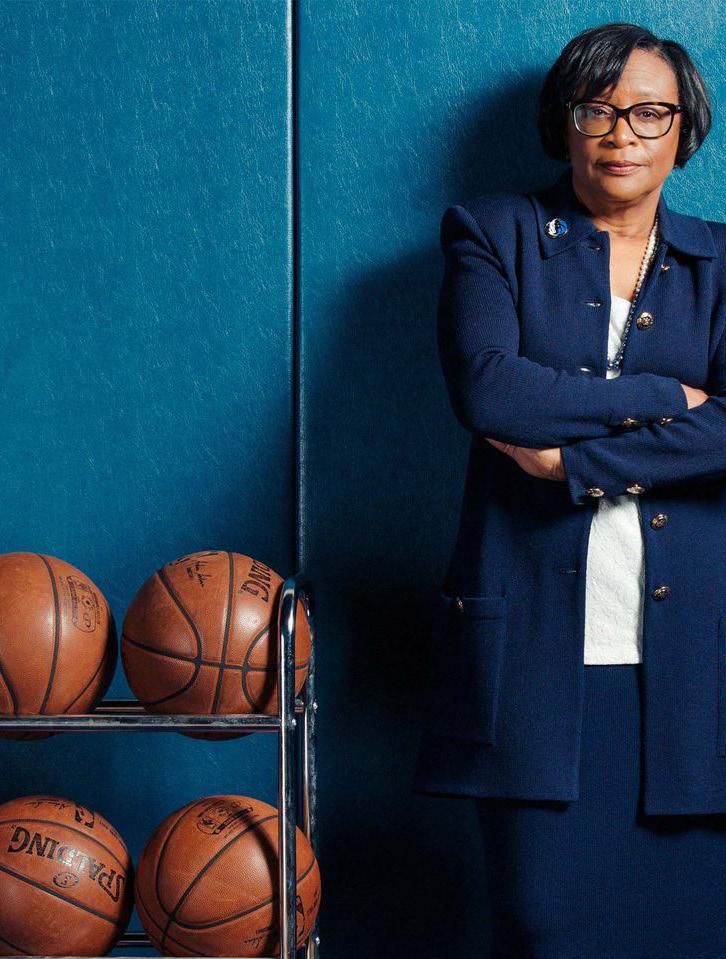
“I tried to look the conservative way my colleagues looked,” says Marshall, who adopted a uniform of a blue suit, a scarf and black shoes. “Nothing ethnic,” she says, which for her meant no red shoes or braids at work.
She was named the senior vice president of Human Resources in 2012 and then was appointed Chief Diversity Officer as a dual role in 2015. The Black Enterprise listed Marshall as one of the Top 50 Most Powerful Women in corporate America in 2015. She retired from AT&T in 2017 to start her own consulting firm. Marshall
was honored on the California Senate and Assembly floors at the State Capitol on April 19, 2018, in Sacramento, where she spent time advocating “good public policy” for AT&T.
Loretta Walker, who worked closely with Marshall says that Maverick’s decision to hire Marshall “Makes Sense.”
“From the standpoint of looking at an established institution in AT&T that has gotten a lot of recognition for diversity, they (the Mavericks) have gained a lot by allowing her to bring in her expertise,” Walker said. “I know I’ve been blessed. I know I’ve never experienced anything like (sexual harassment) in my life working for a company like At&T.”
Unexpected Turn of Events
Now Marshall retires from AT&T and decides to start her own consulting firm specializing in leadership and Diversity. But soon after, she gets a text message from billionaire Mark Cuban, owner of the Dallas Mavericks.
“I honestly didn’t know who Mark Cuban was,” Marshall told the Dallas Observer in 2018. “But my husband and kids were like, ‘Ma, you have to call him back now!’”
By 2018, following an investigation that revealed 20 years of sexual harassment and workplace misconduct issues, Mark was in a crisis mode. Which forced him to be on the hunt for a “strong Leader” according to Marshall to help him turn around the company. According to Marshall, Mark wasn’t interested in a “woman” or a “person of color” propaganda. “He didn’t care. I often say, ‘Mark was not trying to make history. He was trying to make a difference for his employees,’” Marshall says. Cuban says he hired Marshall “because she is amazing, forceful, dynamic, nurturing.” As you’d expect, Marshall drove to meet Cuban at Mavericks’ Dallas headquarters and said that as she was leaving, two female employees approached her and told her that they needed her help. “For me, that was it. I was going home to pray about it, but that was my sign right there,” Marshall told the Observer.
She started her role at Mavericks in February 2018. And ever since taking the helm, Marshall has been focused on hiring a diverse executive team. There were no women or people of color on the leadership team when Marshall started, today, there the leadership team is 50% women and 47% of people of color according to the Mavericks spokesperson.
Marshall brought her authentic leadership game on Maverick. The first thing she did was to hold one-on-one meetings with the employees. She was interested to learn more about her employee’s lives, from their childhood to adulthood and not just their career aspirations.
“I [just] had a one-on-one with one of the vice presidents last night for two hours and probably an hour and a half of that was just personal talk,” Marshall tells Make It was on Jan. 30.
As for the naysayers, who still exist, “I usually take the haters head-on. Sometimes, I ignore them,” Marshall says.
Sources & Works Cited https://www.cnbc.com/2020/02/21/mavericks-cyntmarshall-first-black-woman-ceo-in-the-nba-on-success. html https://blackvoicenews.com/2018/05/12/first-blackfemale-ceo-of-the-nba-honored-at-state-capitol/
THIS VETERAN HAS EXPERIENCED ENOUGH.
HE SHOULDN’T HAVE TO FIGHT HOUSING DISCRIMINATION BECAUSE OF HIS DISABILITY.

Sergio lost his leg and his hearing while serving our country overseas. Now back home, he was ready to start a new chapter in his life. But when he found the perfect apartment, the landlord refused to make a reasonable accommodation to allow his service dog in a “no pets” building. Then Sergio learned that the Fair Housing Act protects people with disabilities. He contacted HUD and fi led a complaint. Today, Sergio is feeling right at home.
If you believe you’ve experienced housing discrimination, please contact hud.gov/fairhousing 1-800-669-9777






